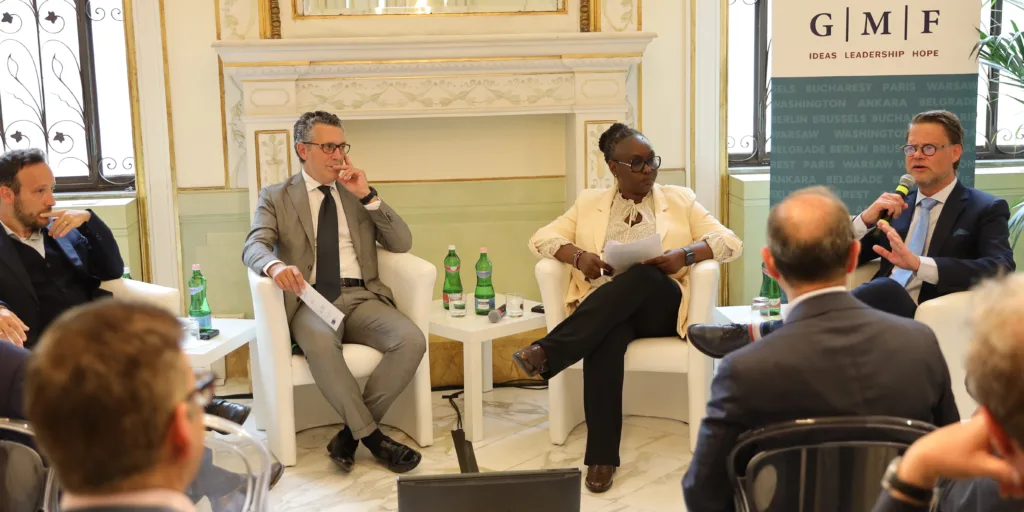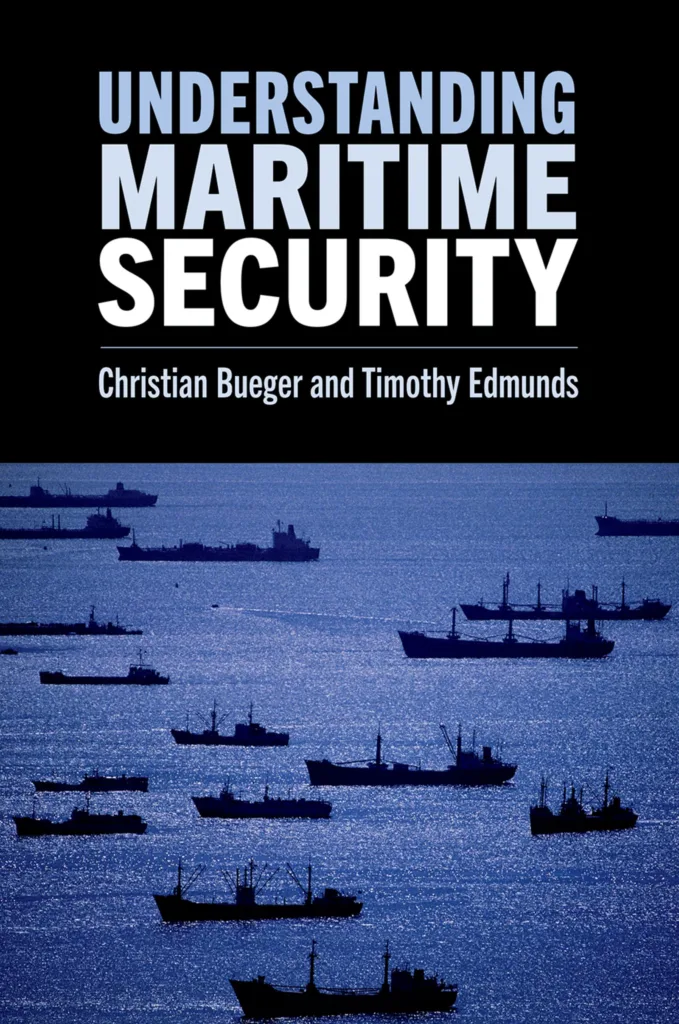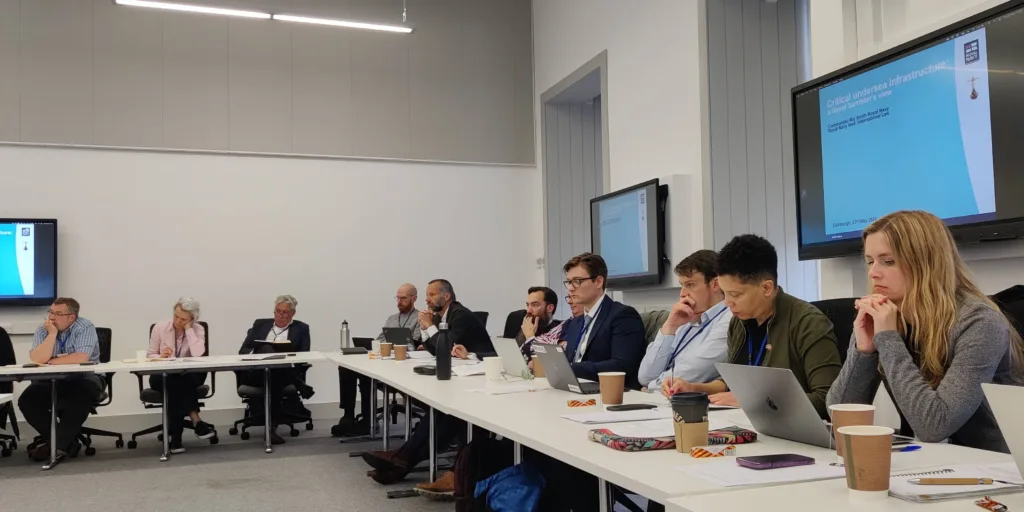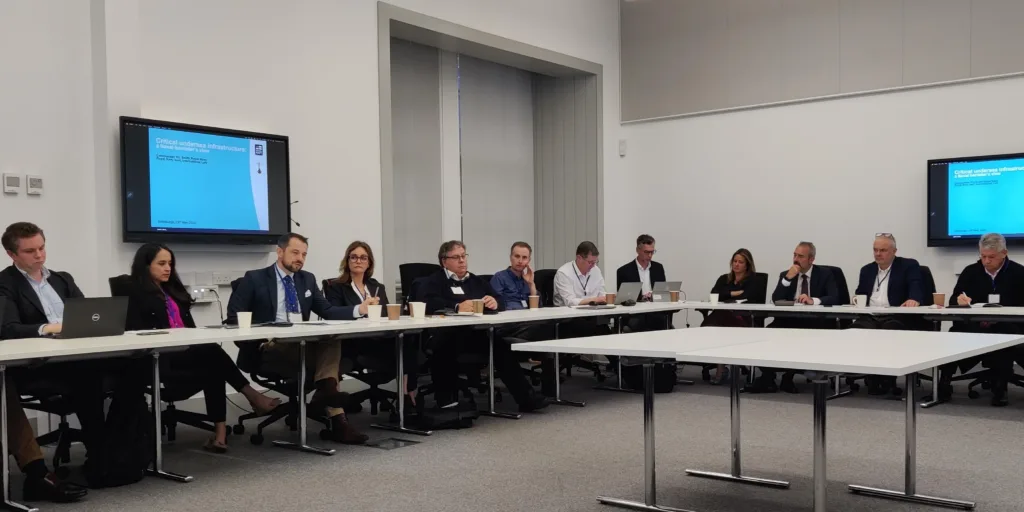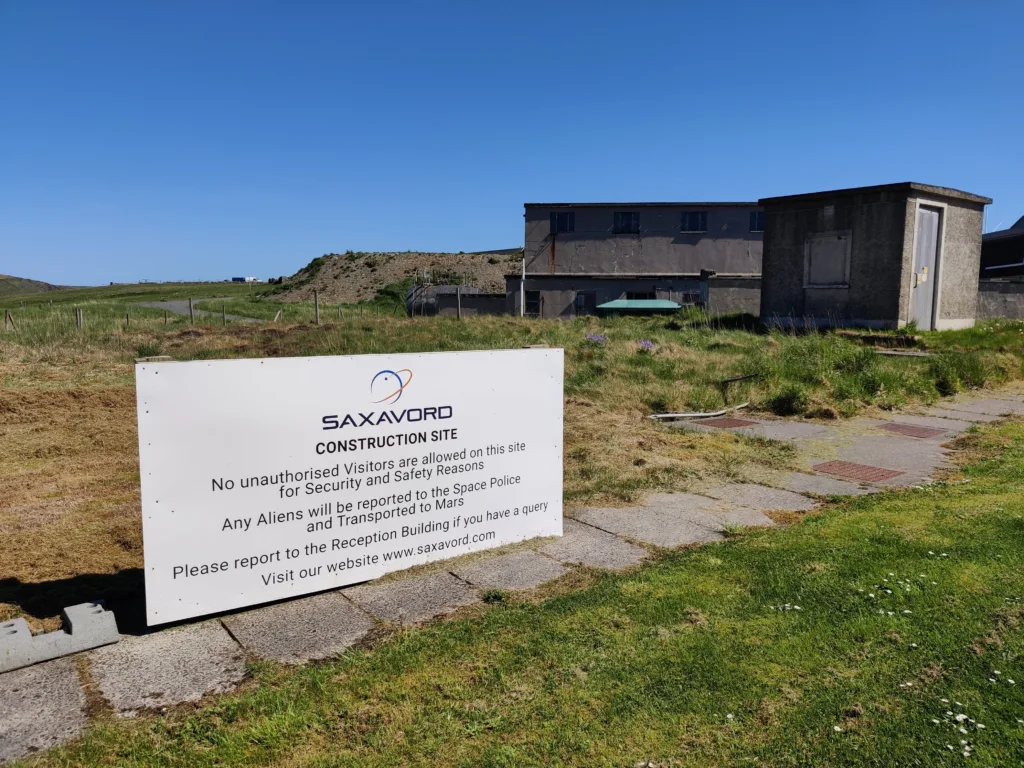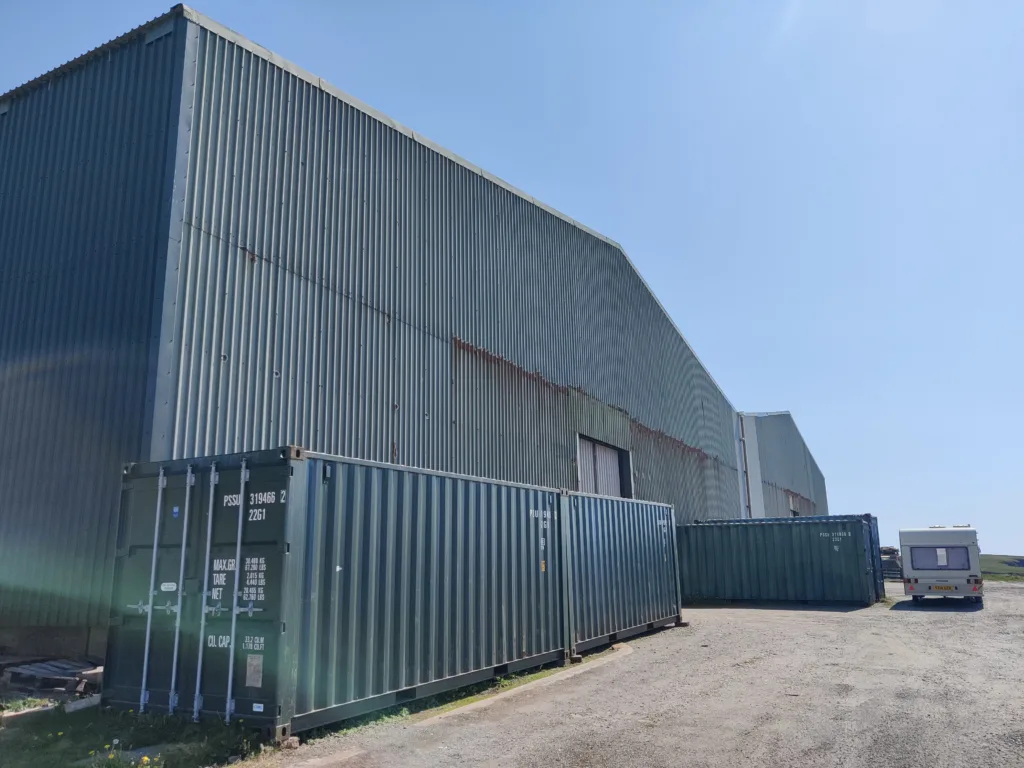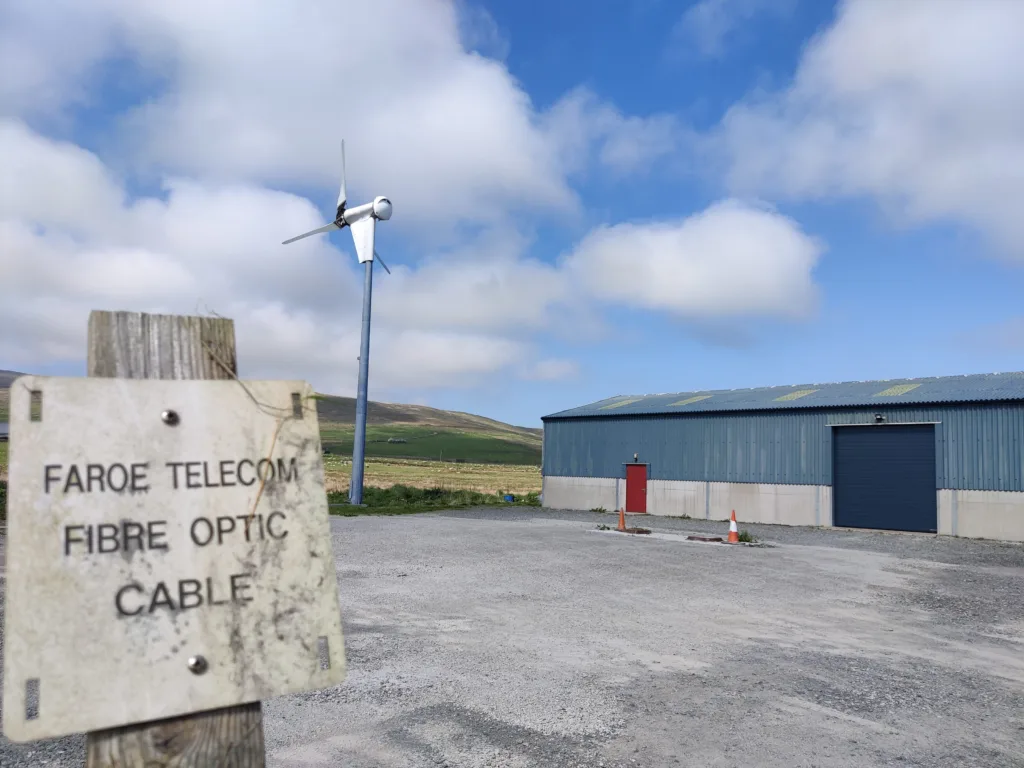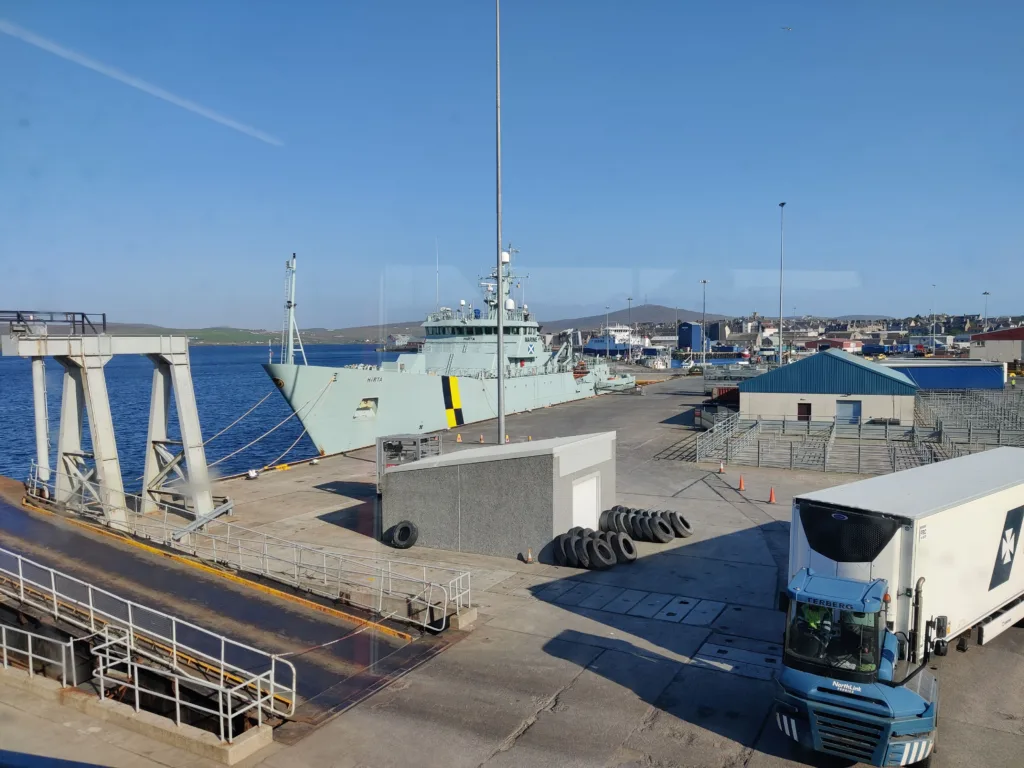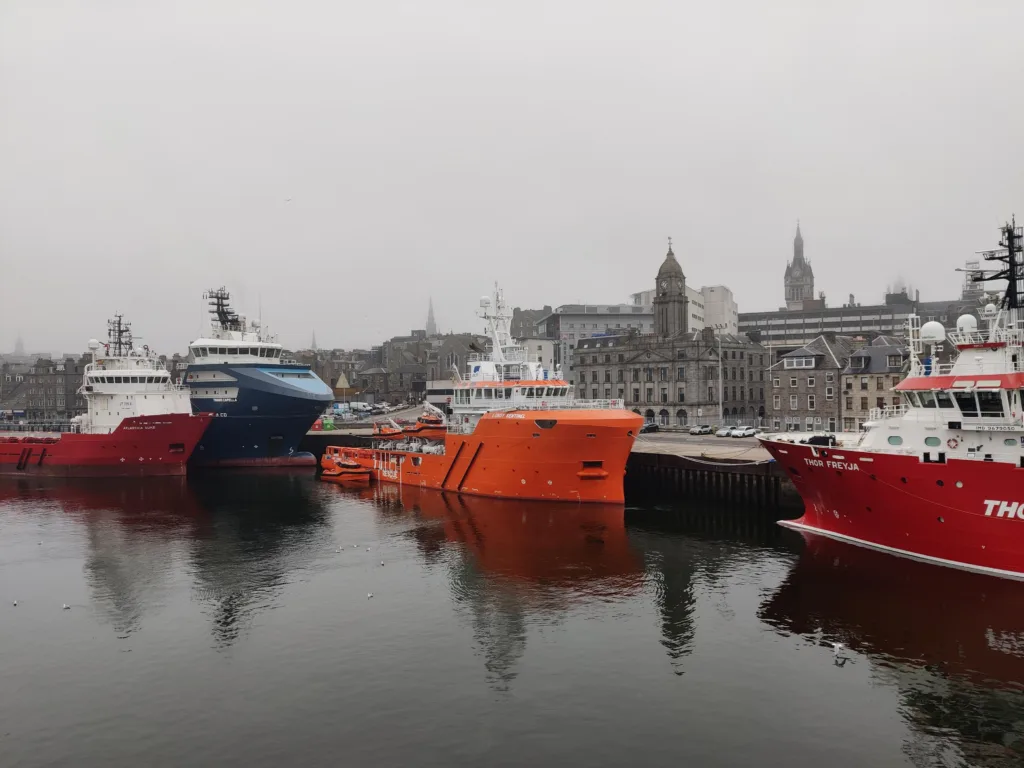Maritime Domain Awareness (MDA) is the collective attempt to enhance knowledge and understanding of the maritime space through surveillance, information sharing and reporting systems.
On a regional and national level centers delivering MDA are increasingly more sophisticated and contribute to the identification of threats, for instance, through pattern analysis, or the more effective use of maritime security forces.
A recent workshop organized by the Australian National University and the National Maritime Foundation in New Delhi attempted to take stock of current systems and identify challenges in the Indian Ocean region.
In my (online) presentation at the event, I discussed the evolving frontier of Maritime Domain Awareness (MDA), emphasizing the need to expand beyond surface monitoring to include subsea, airspace, low orbit, and cyber domains. This is vital to make MDA ready for comprehensive critical maritime infrastructure protection, since many of the challenges lie in other domains then the surface.
Drawing on European experiences following incidents like the Nord Stream pipeline attacks, I identify six major challenges in extending MDA: mapping infrastructure, defining criticality, reporting suspicious behavior, fostering government-industry collaboration, selecting new technologies, and overcoming fragmentation among initiatives. I highlighted the efforts by the EU, NATO, and individual European countries to address these challenges through various programs and strategies.
While Europe’s maritime security context may differ from other regions, the lessons learned are globally relevant as nations worldwide increasingly depend on maritime infrastructure for connectivity, energy, and economic development. Read the entire presentation text here.
